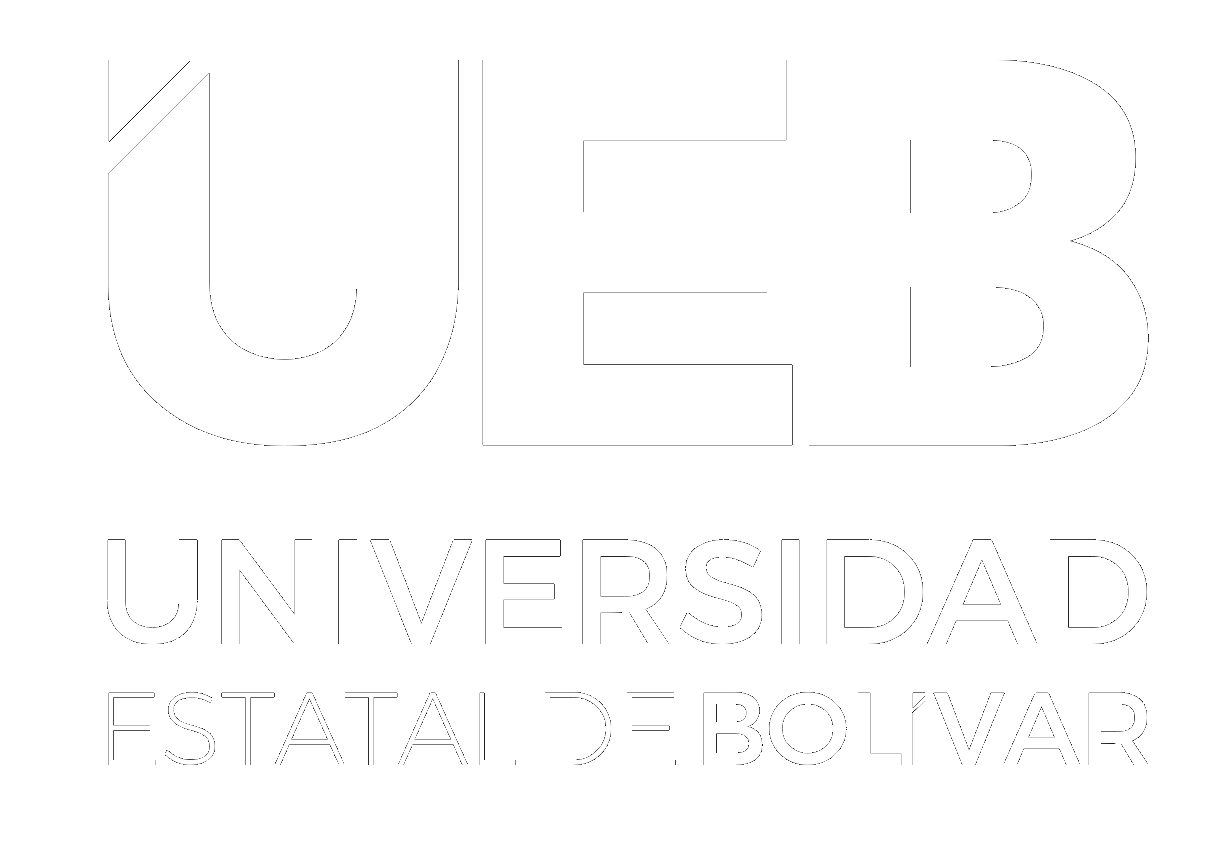Por favor, use este identificador para citar o enlazar este ítem:
https://dspace.ueb.edu.ec/handle/123456789/3058| Título : | Evaluación de diferentes porcentajes de tusa de maíz, afrecho de trigo y soya en la alimentación de cerdos de engorde |
| Autor : | Yánez Silva, Danilo Lema Analuisa, Marco Andrés |
| Palabras clave : | TUSA DE MAÍZ AFRECHO TRIGO SOYA |
| Fecha de publicación : | 2019 |
| Editorial : | Guaranda. Universidad Estatal de Bolívar . Facultad de Ciencias Aropecuarias, Recursos Naturales y del Ambiente . Medicina Veterinaria |
| Citación : | FCCAG.MVZ;151 |
| Resumen : | En esta investigación se evaluaron 3 dietas con distintos porcentajes de tuza de maíz, afrecho de trigo y soya en la alimentación de cerdos en etapa de engorde, así que nos propusimos evaluar las dietas con los diferentes porcentajes en la etapa de engorde para; determinar el mejor tratamiento (dieta) suministrado a los cerdos en la etapa de engorde; analizar las propiedades bromatológicas, del mejor tratamiento que forma parte de la dieta alimenticia y por ultimo establecer la relación costo beneficio con el fin de realizar un análisis económico de las dietas proporcionadas. Para la presente investigación, el diseño experimental que se utilizó fue un diseño de bloques completamente al azar (DBCA) con 4 tratamientos y 7 repeticiones, con un total de 28 unidades experimentales, cerdos Landrace de 2 meses de edad con un peso promedio inicial de 37 kg. Los resultados experimentales demostraron durante la etapa de engorde, diferencias estadísticas significativas, donde se pudo observar que por lo menos uno de los porcentajes de tusa de maíz, afrecho de trigo y soya, tuvo efectos significativos durante la etapa de engorde. En base a los resultados obtenidos, podemos recomendar la dieta de T3, Harina de tuza de maíz 65% + Afrecho de trigo 30% + Harina de soya 5%, la cual tuvo los mejores resultados con un peso promedio final de 81,2 kg. Mediante un análisis bromatológico determinamos las propiedades del tratamiento con la mayor digestibilidad (T3) y obtuvimos sus porcentajes, proteína 12.8%, humedad 16,3%, ceniza 7,6%, grasa 3,7%, fibra 12,9%, almidón 20,4%, así pudimos determinar que la dieta con mayor adaptación fue la del tratamiento tres (T3) con una ganancia de peso total de 44Kg. |
| Descripción : | In this investigation 3 diets were evaluated with different percentages of corn cob, wheat bran and soy in the feed of pigs in the fattening stage, so we set out to evaluate the diets with the different percentages in the fattening stage to determine the best treatment (diet) supplied to the pigs; analyze the bromatological properties, the best treatment that is part of the diet and finally establish the cost-benefit ratio in order to perform an economic analysis of the diets provided. For the present investigation, the experimental design that was used was a completely randomized blocks design (DBCA) with 4 treatments and 7 repetitions, with a total of 28 experimental units, Landrace pigs of 2 months of age with an initial average weight of 37 kg. The experimental results showed significant statistical differences during the fattening stage, where it was observed that at least one of the percentages of corn cob, wheat bran and soybeans, had significant effects during the fattening stage. Based on the results obtained, we can recommend the T3 diet, 65% corn cob meal + 30% wheat bran + 5% soy flour, which had the best results with a final average weight of 81,2 kg. Through a bromatological analysis we determined the properties of the treatment with the highest digestibility (T3) and we obtained its percentages, protein 12.8%, humidity 16,3%, ash 7,6%, fat 3,7%, fiber 12,9%, starch 20,4%, thus we could determine that the Diet with greater adaptation was that of treatment three (T3) with a total weight gain of 44Kg. |
| URI : | http://dspace.ueb.edu.ec/handle/123456789/3058 |
| Aparece en las colecciones: | Medicina Veterinaria y Zootécnica |
Ficheros en este ítem:
| Fichero | Descripción | Tamaño | Formato | |
|---|---|---|---|---|
| MARCO LEMA pdf.pdf | 1,31 MB | Adobe PDF | Visualizar/Abrir |
Los ítems de DSpace están protegidos por copyright, con todos los derechos reservados, a menos que se indique lo contrario.

